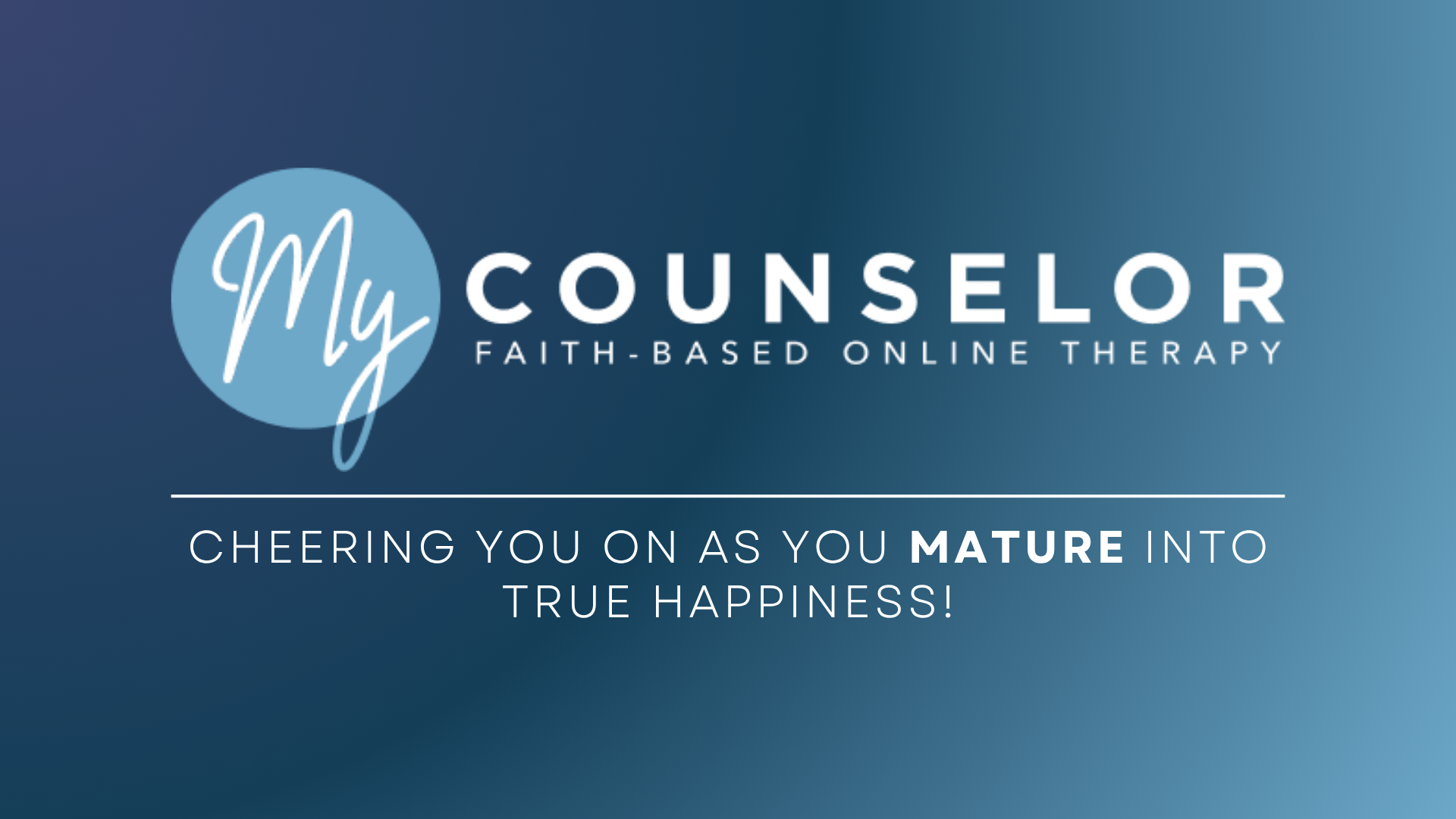Anxiety vs. Stress
This article is based on scientific evidence and clinical experience, written by a licensed professional and fact-checked by experts.
Posted: April 20, 2023
Estimated reading time: 3 minutes
In This article
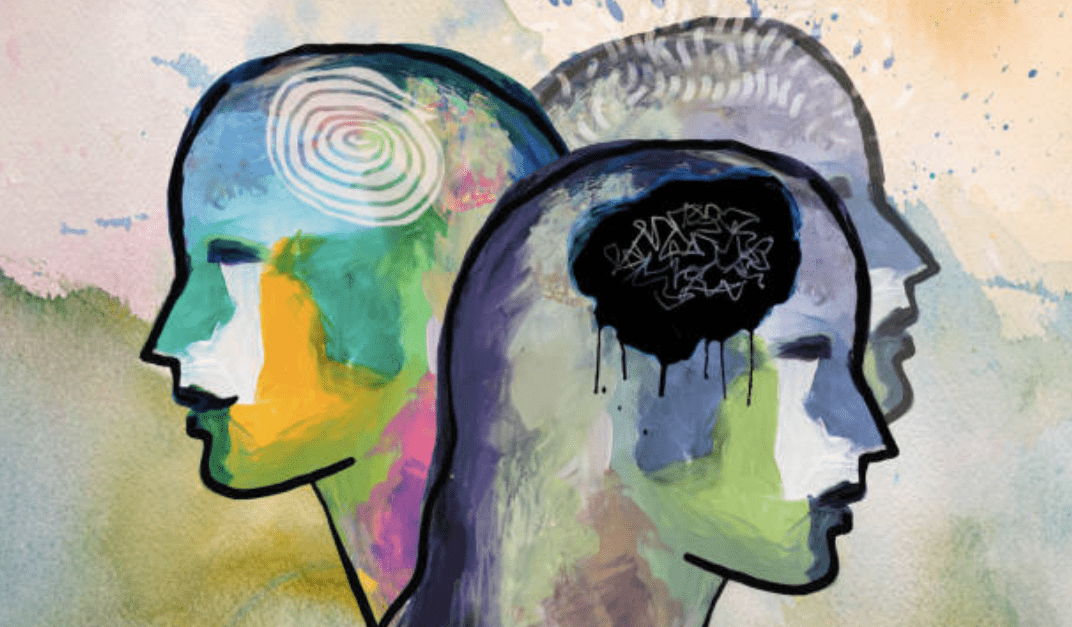
Anxiety or stress? With all the information out there in the day of media it can sometimes be difficult to pinpoint what our experience is and pull apart the differences between varying situations. When I sit with my clients something that I often hear is “I’m not sure if this is anxiety or if this is stress due to my circumstances.”
The question is, how do we know if we have anxiety or if we are struggling with a stressful situation? The reason it can be so hard to differentiate these two is because most of the time they are rooted in the same core emotion of fear and because they are typically rooted in the same emotion it can feel like an identical experience.
My hope with this article is to help provide some clarity for you to be able to tell if you are struggling with some stress due to a circumstance or if you are struggling with some more long-term, chronic anxiety. I also want to make it clear from the start that if you read this article and decide it’s stress and not chronic anxiety that does not mean counseling is not for you.
Christian counseling can help provide you with an understanding of your stress, a place to process it and resources to manage and prevent the extremes of it in the future.
Exploring the Difference
To start understanding the difference between stress and anxiety let’s look at the definition the American Psychological Association (APA) provides on them. The APA states that “People under stress experience mental and physical symptoms, such as irritability, anger, fatigue, muscle pain, digestive troubles, and difficulty sleeping. Anxiety, on the other hand, is defined by persistent, excessive worries that don’t go away even in the absence of a stressor.”
Another definition of anxiety is a “persistent feeling of apprehension or dread in situations that are not actually threatening.” The key point in this definition is that stress is typically present in response to a specific stressor (big school or work project, a test, a sporting event, a deadline etc.) Stress is a response to something while anxiety is present and persists in the absence of any stressor or after the stressor has passed.
The APA also notes that both stress and anxiety and exhibit identical symptoms “anxiety leads to a nearly identical set of symptoms as stress: insomnia, difficulty concentrating, fatigue, muscle tension, and irritability.” and sometimes panic attacks. As previously stated, because the symptoms can be identical, it is understandably difficult to identify if you are struggling with stress or anxiety. When looking at the two, a good question to ask is “is this feeling in response to something external in my life?” Stress is external, while anxiety is internal. It is also important to note that chronic stress and turn into anxiety.
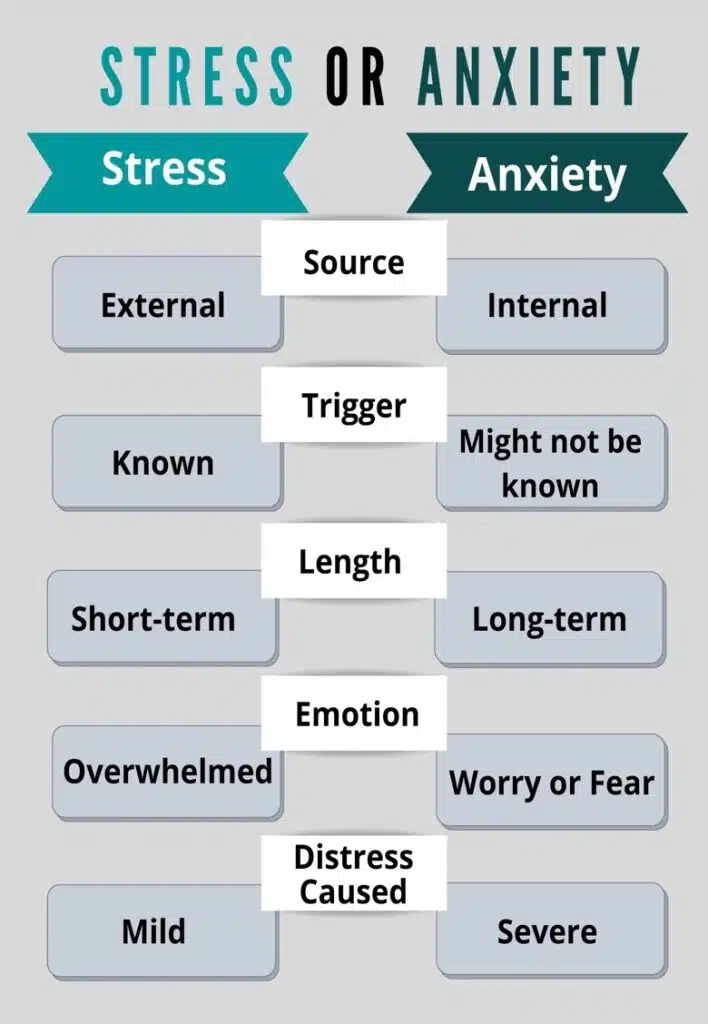
Taking Deep Breaths
Hopefully now that there is a big more of an understanding on the difference between anxiety and stress I want to provide you with two healthy coping mechanisms to address both anxiety and stress. A great technique is deep breathing. Breathing is great for helping slow our heart rate and clear our head. Below is a picture of a technique called 4 square breathing that is very helpful and one of my personal favorites.
The key with this kind of breathing is the holding/resting moments. These moments are going to help slow the heart rate and also prevent hyperventilating. Another technique is often referred to as the 5,4,3,2,1 senses. With this one you will go through each of your five senses (taste, feel, smell, hear, touch) and list what you can experience in this present moment from each of them (I can hear my fan, I can hear my dog, I can feel my clothes on my skin, etc.) This will help bring you back from you mind and into your body and will ground you in the present moment.
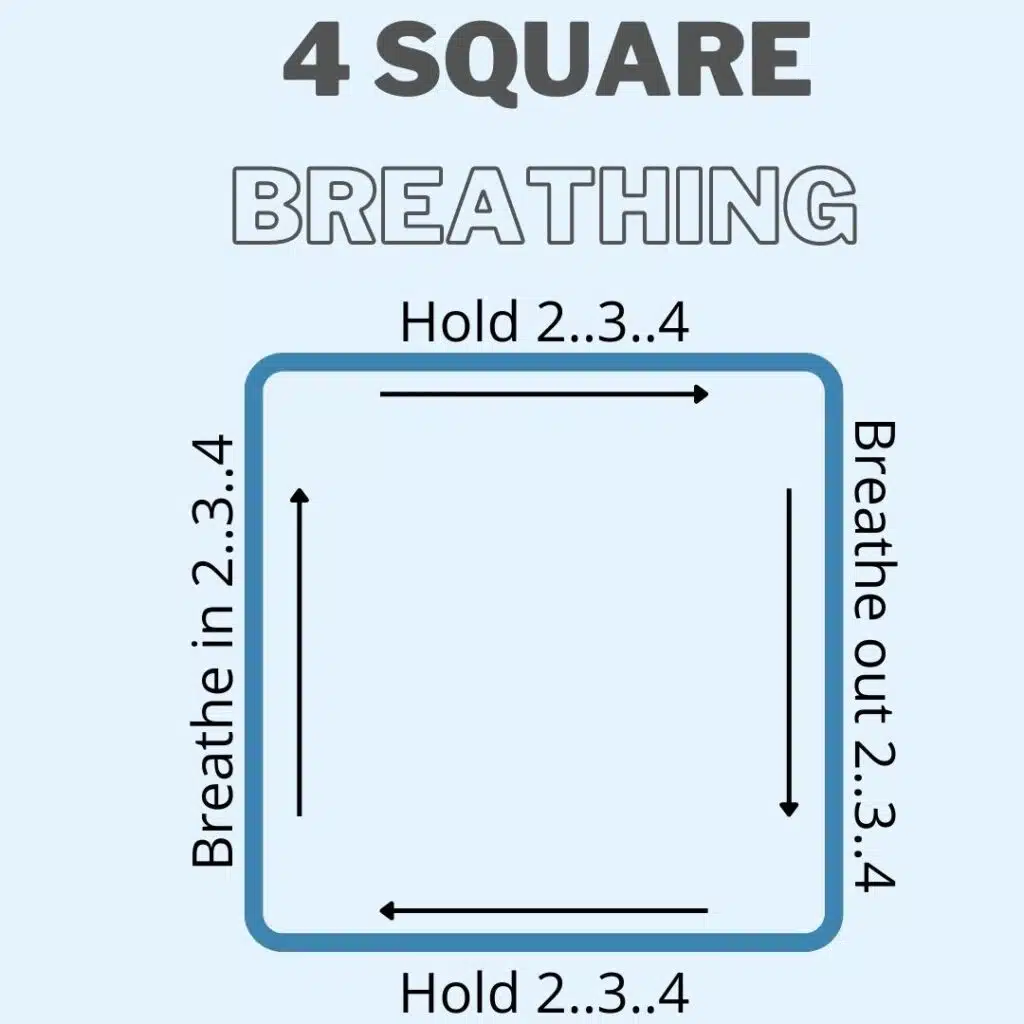
Ultimately, understanding if you are struggling with anxiety or stress can help with your health and help you understand what kind of action might be needed. With that being said, I do want to revisit what I said at the start of this article, regardless of what conclusion you come to, counseling can be helpful for anyone.
Back to topThis article is based on scientific evidence and clinical experience, written by a licensed professional and fact-checked by experts.
About the Author

Emily Hurst
Emily Hurst MS, LPCC, has a Master’s degree from Evangel University. She is a Licensed Professional Counselor Candidate, holding her license in Colorado.
Learn More About EmilyIn This article
References
- Basowitz, H., Persky, H., Korchin, S. J., & Grinker, R. R. (1955). Anxiety and stress.
- File, S. E. (1996). Recent developments in anxiety, stress, and depression. Pharmacology Biochemistry and Behavior, 54(1), 3-12.
- Daviu, N., Bruchas, M. R., Moghaddam, B., Sandi, C., & Beyeler, A. (2019). Neurobiological links between stress and anxiety. Neurobiology of stress, 11, 100191.
Share this article
View more articles
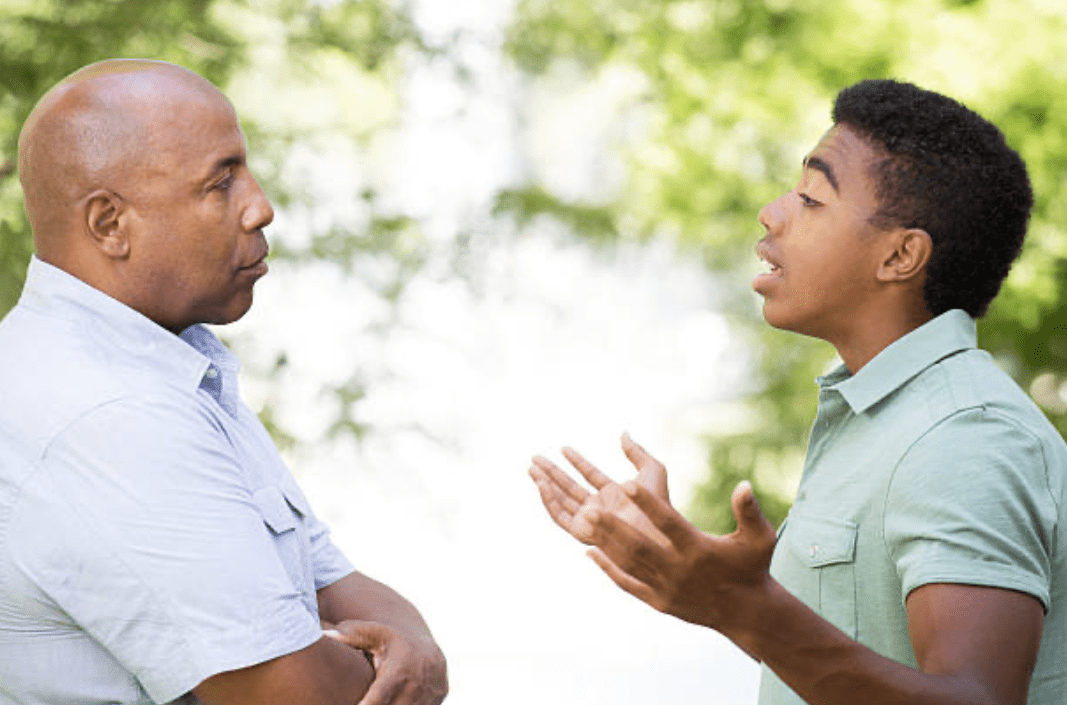
Navigating Conflict and Reconciliation with Adult Children: Practical Tips for Parents
By: Danielle Schaefer
